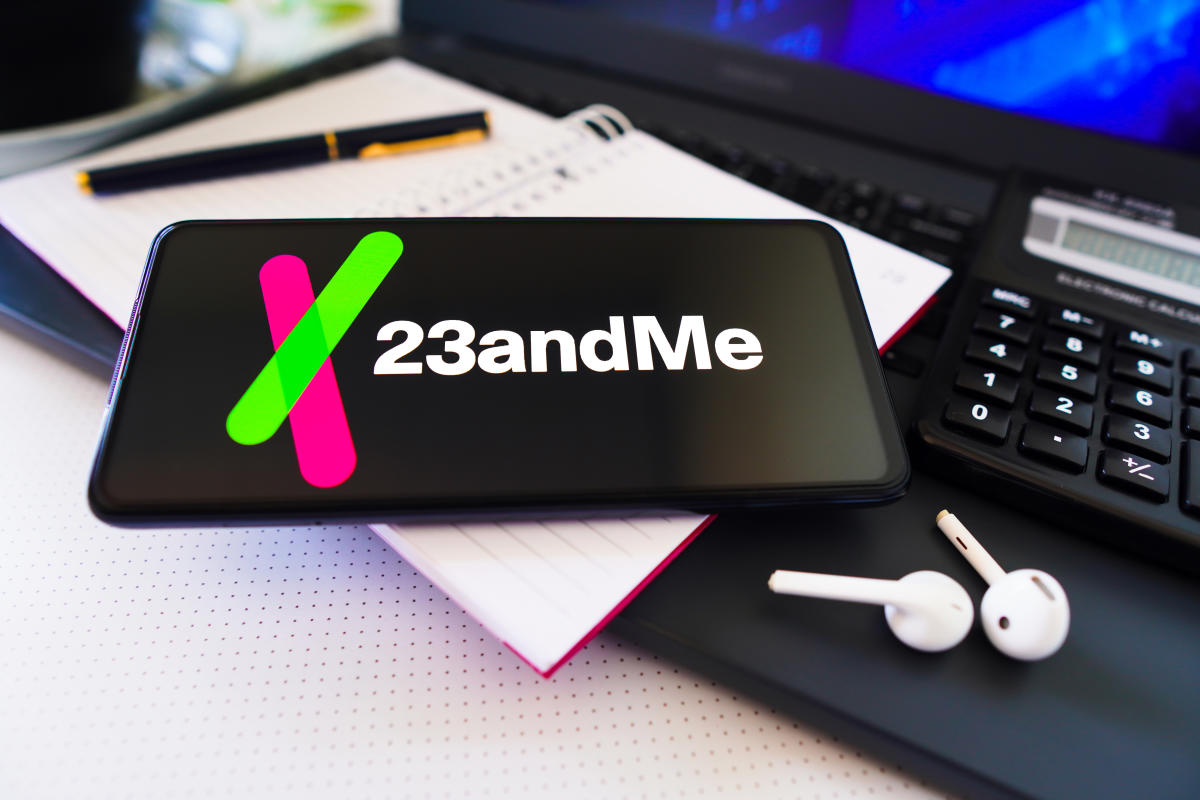- cross-posted to:
- news@lemmy.world
- cross-posted to:
- news@lemmy.world
Too bad, it happened wile the old ToS were active. :p
PSA: you can request deletion of your 23andMe account. It won’t do anything for this past hack, but it’ll at least prevent your data from being included in future hacks (assuming they actually completely delete your data like they’re supposed to).
it’s almost always a soft delete, that is, change active field in database to false, coupled with their terms of service that state vaguely how they start the deletion process which could take months and how they may still keep certain data for legitimate purposes.
I feel like ToS changes should require the user to accept before being enforceable with no right to suspend the user’s account if they don’t and when it comes to data it should only apply to data the user shared after the changes…
One thing to note: the email says to send legal@23andme.com an email to opt out while the updated ToS say to email arbitrationoptout@23andme.com.
Poor reporting, as ever. As people have pointed out, you cannot disclaim away the Law. No one can.
If you did a bungee jump, and you sign any kind of waiver, it might protect the company if your glasses fall off and smash. It will not protect them if the rope snaps and break your head.
Lawyer here: this isn’t necessarily correct and in America it’s state dependent. There are absolutely parts of the law you can waive, including negligence of a party which is likely your bungee jumping scenario with the rope snapping.
Well, I yield to your experience and training , !
My understanding is that when signing a liability waiver, first the acknowledgement of risk happens, and then the release of liability. State by state it can be a little bit different for releasing liability, depending on the interpretation. I looked up where I live, and that liability waiver isn’t upheld if one can prove damages (possibly death, in which case someone has to sue upon my lifeless corpse) caused by intentional recklessness, not simply neglect.
It would be interesting to look into some cases. My statement was based on not being able to disclaim negligence at all.
Well, that’s not how terms of service work. You can still sue
Olnly if you opt out of the new terms, at least in us.IANAL of course




